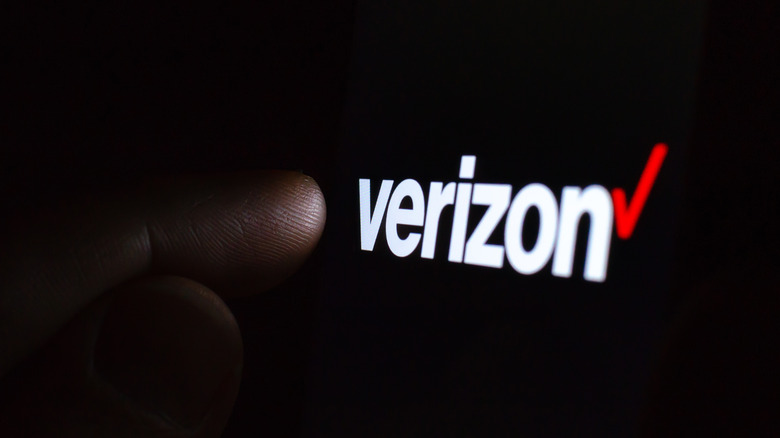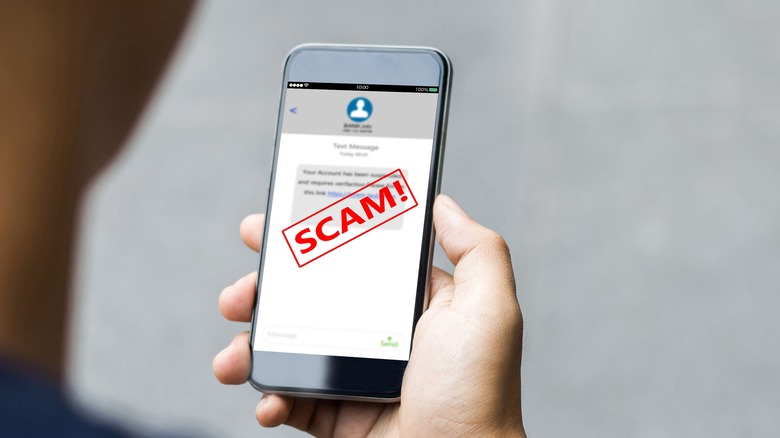Don't Believe These Verizon Spam Messages
If you own a mobile phone in the U.S., chances are high you are used to receiving a ton of spam messages. A recent report estimates that 9 billion spam texts were sent in February 2022 in the U.S. alone, making it evident these unwanted messages are a big business. And while most smartphone users choose to ignore these texts and bulk delete them, often shrugging them off as minor annoyances, the people behind the messages are increasingly using smarter techniques to elicit a response and potentially defraud you.
In the latest example, a group of spammers seems to be targeting Verizon subscribers in the U.S. by sending people spoofed text messages. Unlike "normal" spam messages originating from random phone numbers, these spoofed text messages show up as snippets sent from your own phone number.
It is this very aspect that puts users at greater risk of fraud when compared to other text message scams. Because these messages appear to come from your own number (and, therefore, a trustworthy source), there is a greater chance that an average cell phone user could click the accompanying link and potentially share personal details online.
While this specific method of spamming has been around for a while, it is only now, after a report by The Verge, that Verizon Wireless has said it will be taking action.
Will you open a spam text sent from your own number?
The issue of spoofed spam texts came to prominence after a reporter at The Verge received such a message on Monday morning. The text claimed his bill had been paid until March and that a little gift was waiting for him. It also contained a link that needed to be clicked for apparently "redeeming" the gift. To find out what happens next, he clicked on the accompanying link, which, to his surprise, redirected him to the website of a Russian TV channel, "One Russia." The problem seems to also affect Verizon's MVNO carrier, Vigil.
With most of the links in the spoofed text messages leading to Russian websites, there have been concerns about this potentially being the handiwork of Russian hackers. Verizon, however, said it doesn't have evidence this spam is coming from Russia.
On Tuesday, Verizon confirmed to The Verge that it's aware of the problem, and is making efforts to block such messages. The carrier also confirmed it's in talks with U.S. law enforcement agencies to investigate and find the person or group behind this activity.
More than 24 hours after the issue was first reported, it seems Verizon has been unable to stop these texts completely. People have taken to social media to complain about receiving spam texts from their own numbers. Verizon even published a tweet acknowledging that it could be scary to receive a text message from one's own number.
With other major U.S. carriers seemingly not affected by this issue, there has also been speculation about a possible data breach fueling the activity. Verizon, however, maintains that its network and user data continue to remain safe. If you're a Verizon customer and receive a similar text message, you can simply delete it.

